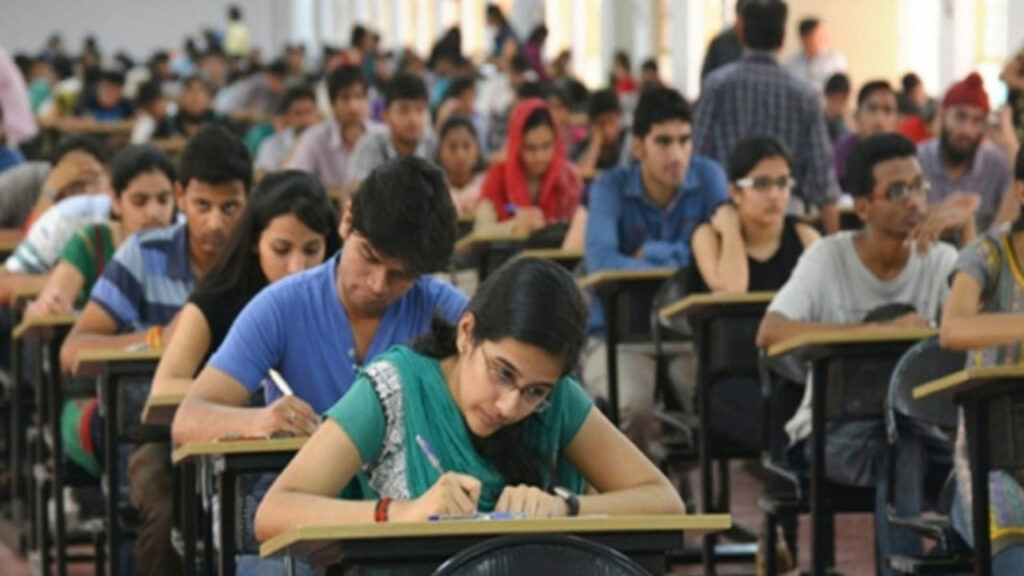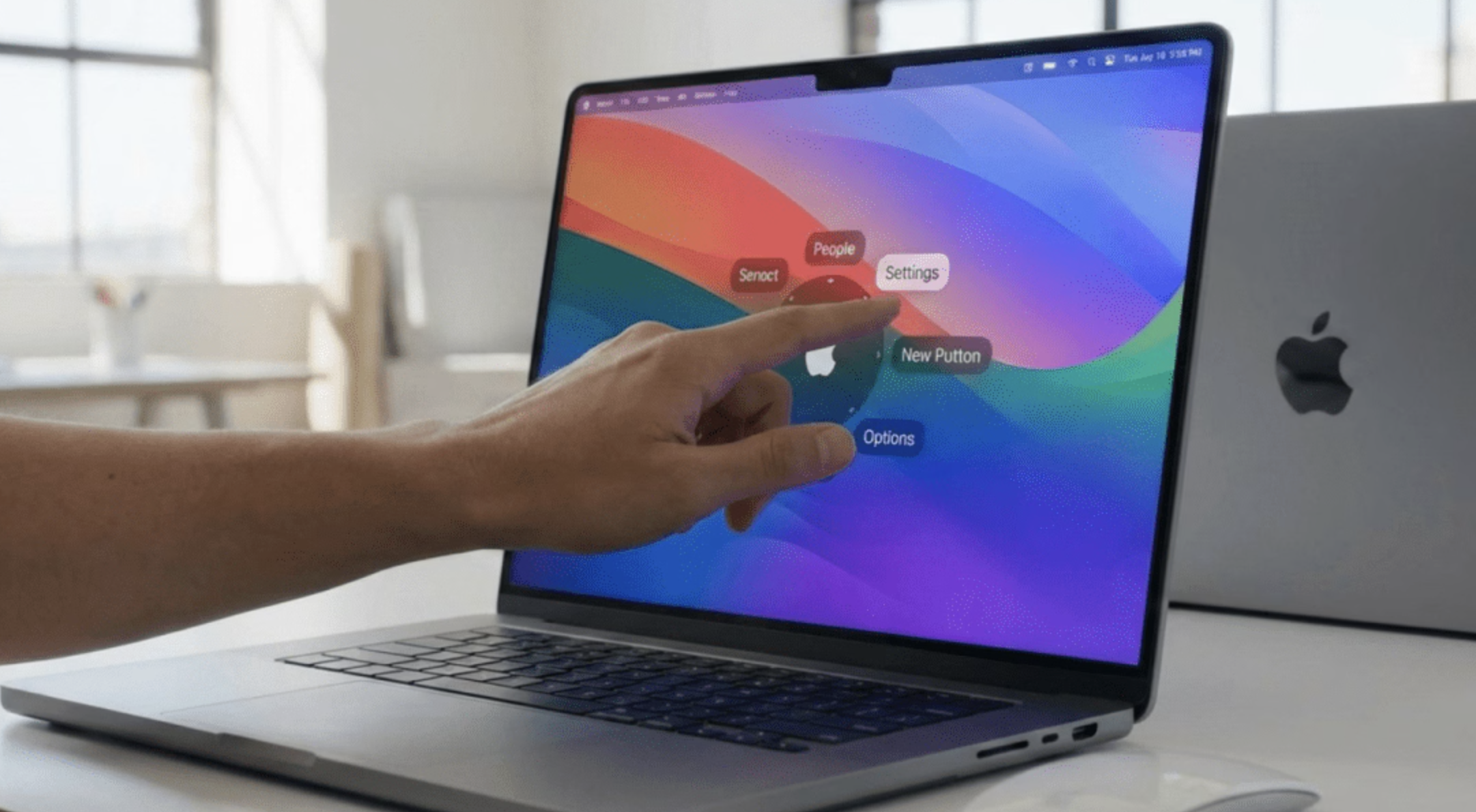A latest revelation from Center indicates that the present national eligibility-cum-entrance test for undergraduate medical studies, NEET-UG, may get replaced by an online exam format similar to JEE-Mains for engineering courses in the coming time.

Upgrading NEET-UG By Online Exam
This seems to be hugely affected by the recent reports of irregularities in the test, being the reason for this adjustment and is presently under investigation by the Supreme Court of India.
It appears that the idea of converting NEET-UG to an online format has been discussed within the relevant committee, as per an central government official on the condition of anonymity.
Please note here that no formal communication is issued by the government in this regard.
As we can witness that the online testing is gaining more popularity with time.
This also seems to be affected by the recent controversy surrounding NEET-UG and other competitive exams.
Besides this, another official highlighted the logistical challenges of this potential change as this would be affecting around 2.3 million students who took the test in 2024.
It is also due to the fact that equipping approximately 4,000 test centers across the country with computers and the necessary infrastructure would be a significant task.
But, they cannot deny the benefits of conducting the exams online, similar to JEE-Mains.
Making A Huge Difference For Better
This would call for a huge change from the current process of NEET-UG which is administered offline using pen and paper.
In this exam, students answer multiple-choice questions on an OMR sheet.
After the said implementation, it would be converted to a Computer Based Test where candidates will be using a computer to take the test and mark their answers digitally.
If we see the history, a total of 1.4 million students appeared for JEE-Mains in 2024, which was conducted across 570 centers.
The same is confirmed by a former director of AIIMS in Delhi, Dr. MC Misra said, soon, the exams will be computer-based.
According to him, getting online is crucial, in order to close the current gaps.
Adding, “Taking this test online is the only way forward to plug the loopholes; there is no point in continuing with the offline mode when the whole world is moving towards computer-based exams.”
Further, he noted that the intricacy of executing an exam of this magnitude virtually and proposed that, in order to facilitate the shift smoothly, it might be imperative to administer the test in stages and furnish localized questionnaires.












